everyone codes: software development instead of unemployment
The images of these days are reminiscent of those when thousands of refugees – most of them from Syria – came to Austria in 2015 and 2016 to find protection from the war in their homeland. To support them in their integration, the “refugees code” initiative was launched at that time. The volunteers supported the refugees with English-language training in programming. The idea: “We saw that there were many well-educated people among the refugees and wanted to integrate them more quickly into the labour market and thus into society with training in software development,” Stefan Steinberger explains. This worked so well that he founded the EdTech company everyone codes in 2019.
A new target group
By the way, it is not quite the case that “everyone programs”: the target group is currently exclusively unemployed people who want to make their way into the IT sector as career changers. Participation in the courses is currently only possible through AMS Vienna or AMS Lower Austria. Those who pass the respective selection procedure can then learn software development or UX design. “There is a huge demand and we can only take 16-20 people per course,” says Stefan. After they meet the formal requirements (registered with the AMS and over 18 years old), the main focus is on logical thinking and good English and German skills. “If they meet these criteria, interest and motivation are important. As a programmer or UX designer, you never stop learning. The knowledge in the IT industry is already outdated after 12 to 18 months and you have to keep learning in order to be sustainably established on the job market.”
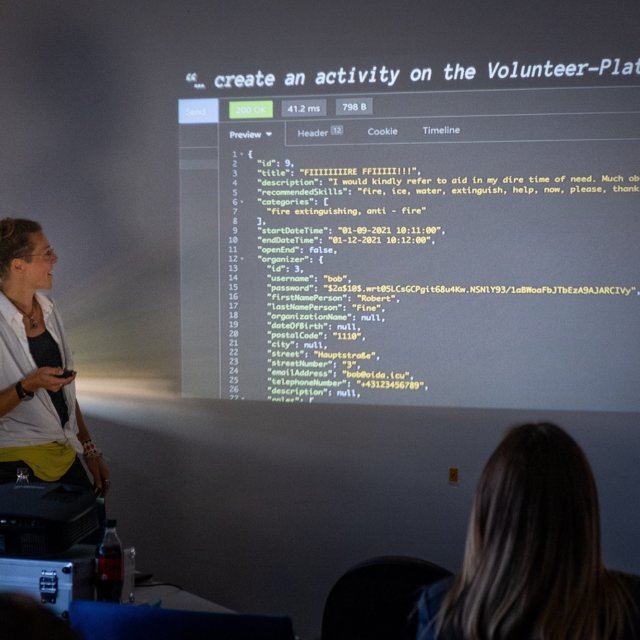
Learning for the labour market
The courses must be completed full-time and, depending on the course, take between five and 13 months. In terms of content, the coaches from everyone codes not only teach the necessary technical skills, but also “soft skills” such as stamina, resilience and a “growth mindset”. In addition to practical examples, each week there is a specific topic with corresponding tasks and tests. However, the focus is not on assessment, but on the feedback needed for independent learning. “We work with adults, so we assume that they themselves know what they need. In terms of content, we emphasise the essential knowledge and skills that companies are looking for in these positions,” says Stefan. Participants also receive extensive job search support by networking with everyone codes’ corporate partners.
Both sides benefit
Everyone codes exists to make life easier for everyone involved. So that companies get the right employees, who in turn get a secure and high-quality job. In order to bring the right skilled workers to the right employers, everyone codes is based on a simple principle: ask. The team of the EdTech company now knows what entrepreneurs want from their software developers and UX designers. Based on this, the training and the selection process were designed. For the career changers, it is a matter of finding the ideal framework conditions for their future employment. “In our search for corporate partners, it was important for us to take into account the backgrounds of our clients. Large companies with regulated and structured employment relationships usually fit better than start-ups, for example,” says Stefan. This symbiosis obviously works very well at everyone codes – 70 (of 97) graduates have successfully completed the programme since its inception and have since gone on to work at well-known companies such as Drei, Erste Bank and Kapsch.
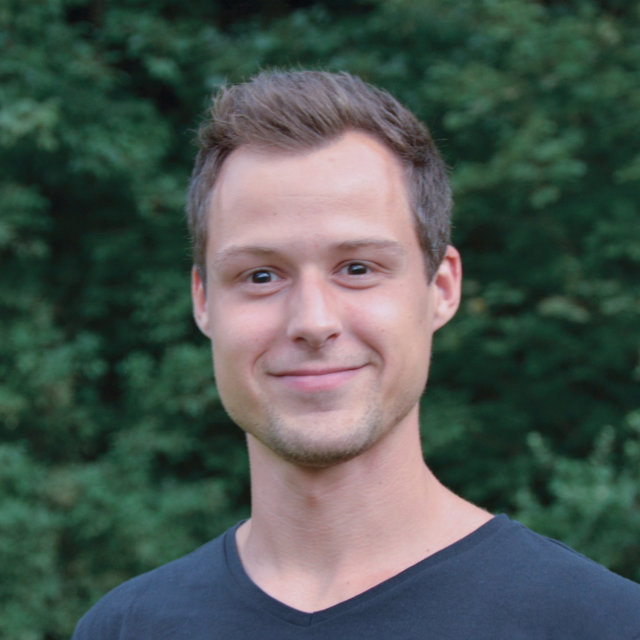
We asked Stefan
Is your programme comparable to a degree programme?
I would say the comparison is a bit lame, simply because it’s a different target group. A computer science degree is much broader and more theoretical in its subject matter. Our further education is more practice-oriented and makes it possible to enter the field. Someone who has just finished their studies probably wants to work more on software architecture and manage a project and less on programming small projects, which is what our graduates do. In other words, the two complement each other well.
How do you see the situation in schools – do they need more interest in computer science?
In general, I think that disinterest or interest in a subject stands and falls with the teachers. Everyone knows this from their own school days. In addition, a school system would be good in which learning is interdisciplinary and topic-related or competence-oriented, rather than in rigid school subjects. More focus on tools and competences, less focus on technical knowledge and rote learning would also be great. We at everyone codes also do this and believe that it is more about the basic concepts of programming and programming tools, not just knowledge of a particular programming language.
Do you want to expand your target group in the future?
We have defined our target group with the unemployed, but we are also dependent on them. Theoretically, we could expand our concept as it is at the moment to Germany in a few years, but that’s not a priority for now. And again about the target group – yes, it could definitely be broader. For example, we could also offer courses for people who cannot or do not want to study for various reasons but are not unemployed.
More articles
The following articles might also interest you.
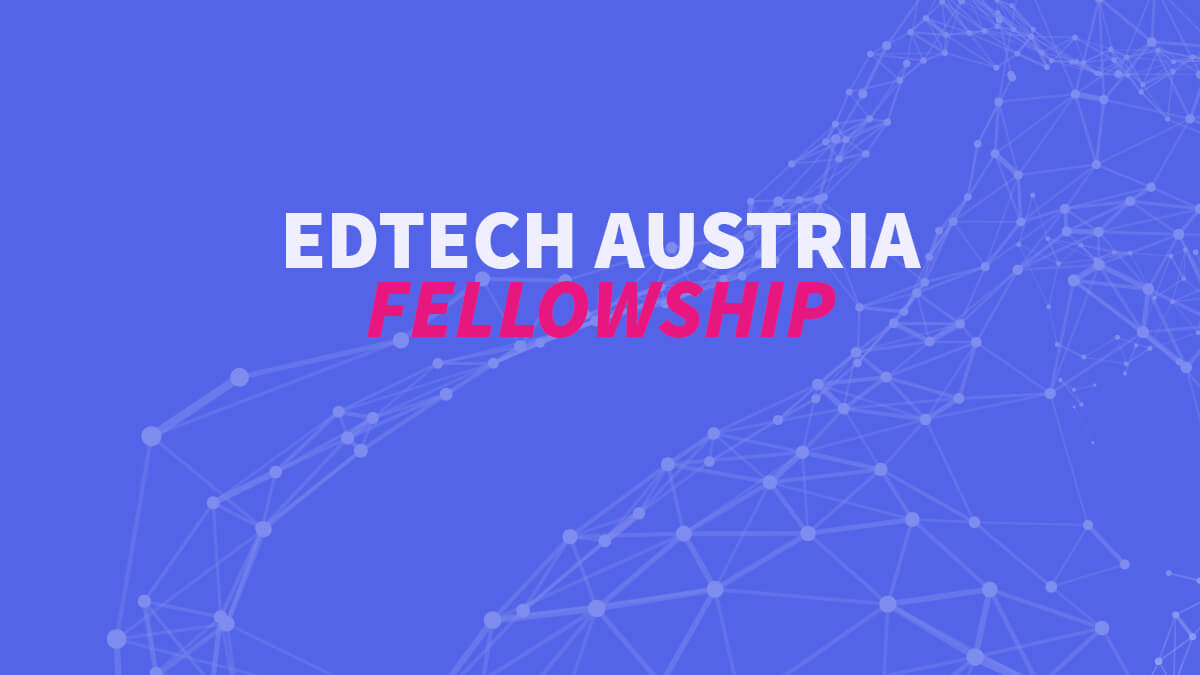
EdTech Austria Fellowship
24. October 2024
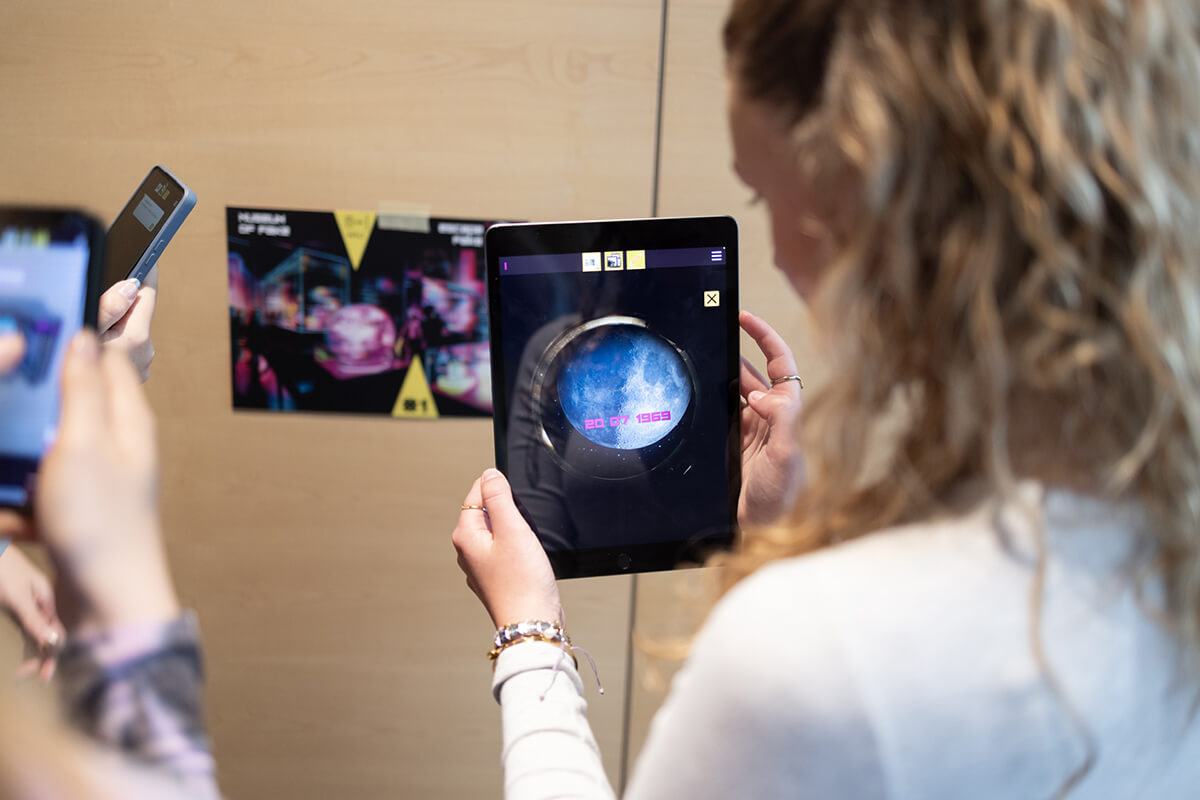
AR, VR and XR: Shaping Learning through Virtual Worlds
30. June 2025
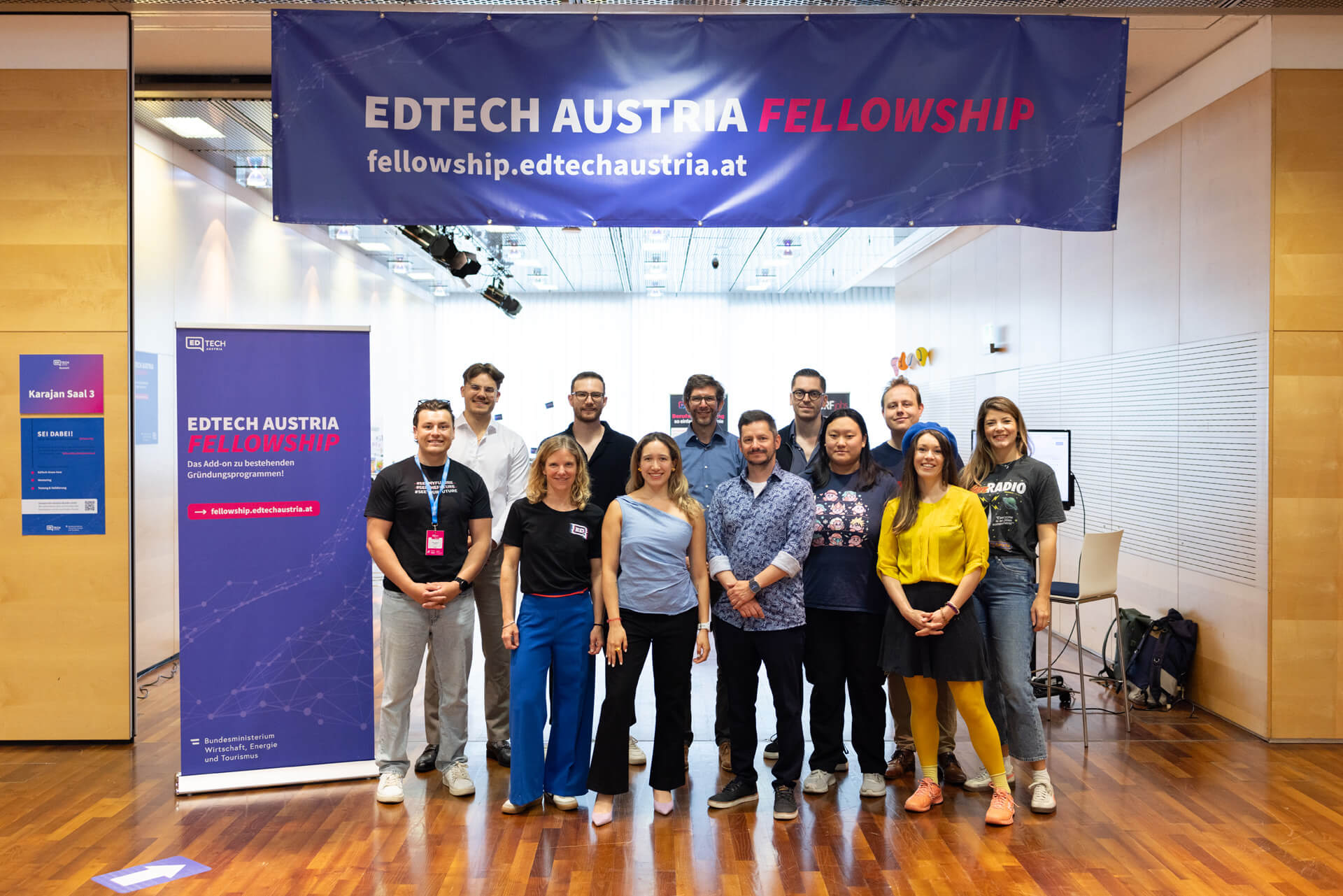
EdTech for all, all for EdTech – shaping the world of education together
18. June 2025
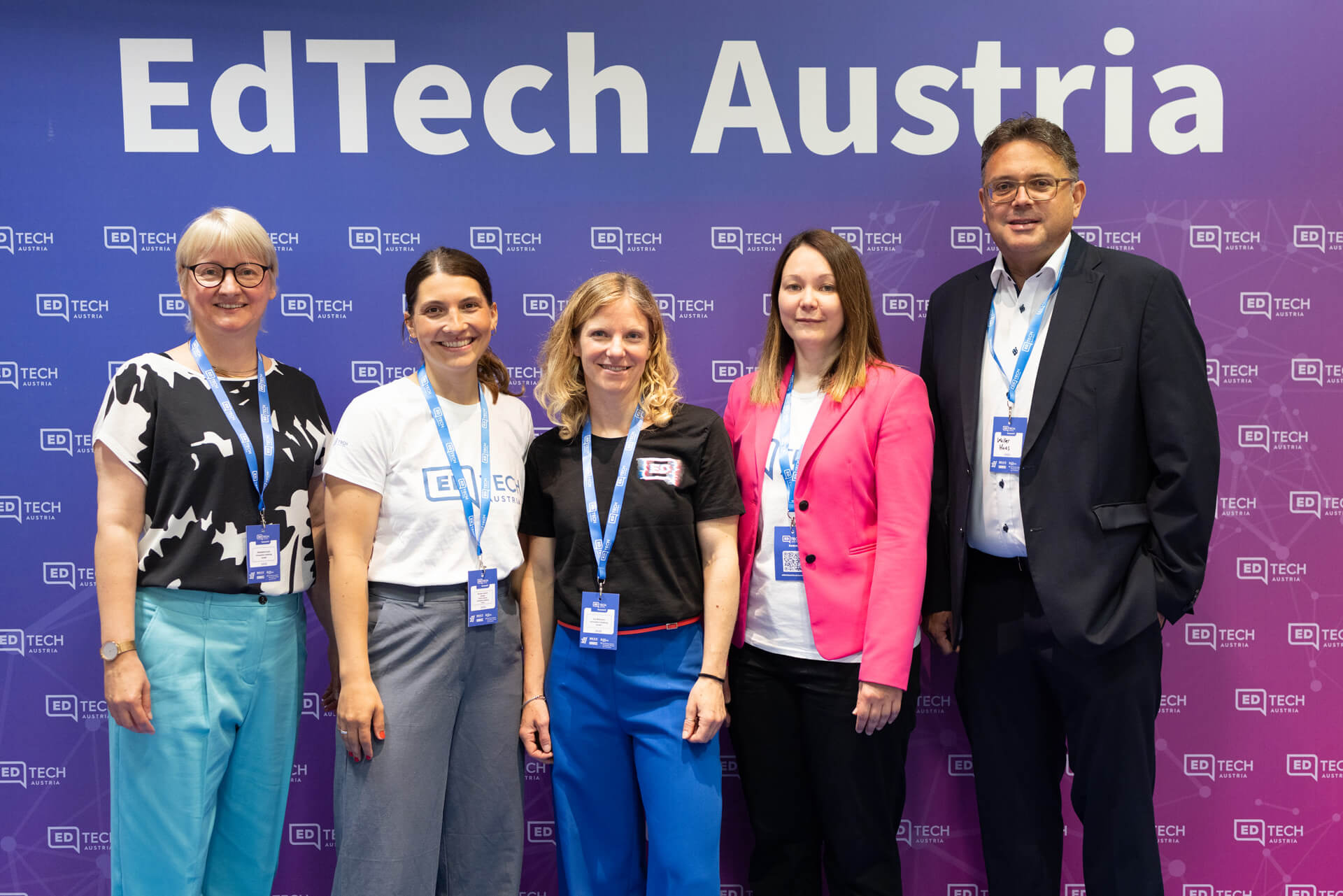
Real-World Practice Meets Innovation: The Fourth EdTech Austria Summit
3. June 2025
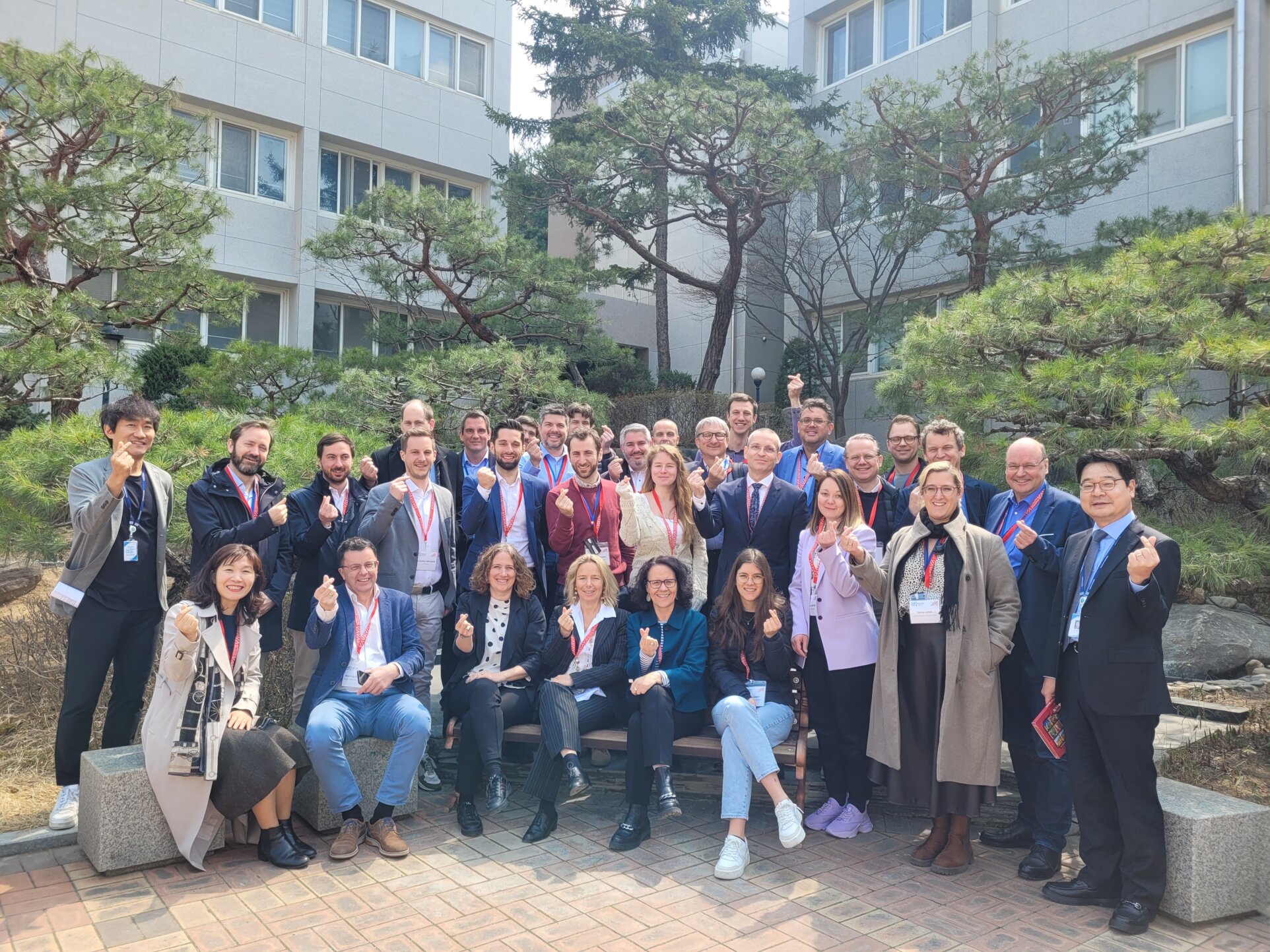
South Korea: How technology, culture and the courage to innovate are shaping education
30. April 2025

Lifelong Learning in Transition: Opportunities and Challenges of AI
17. January 2025
